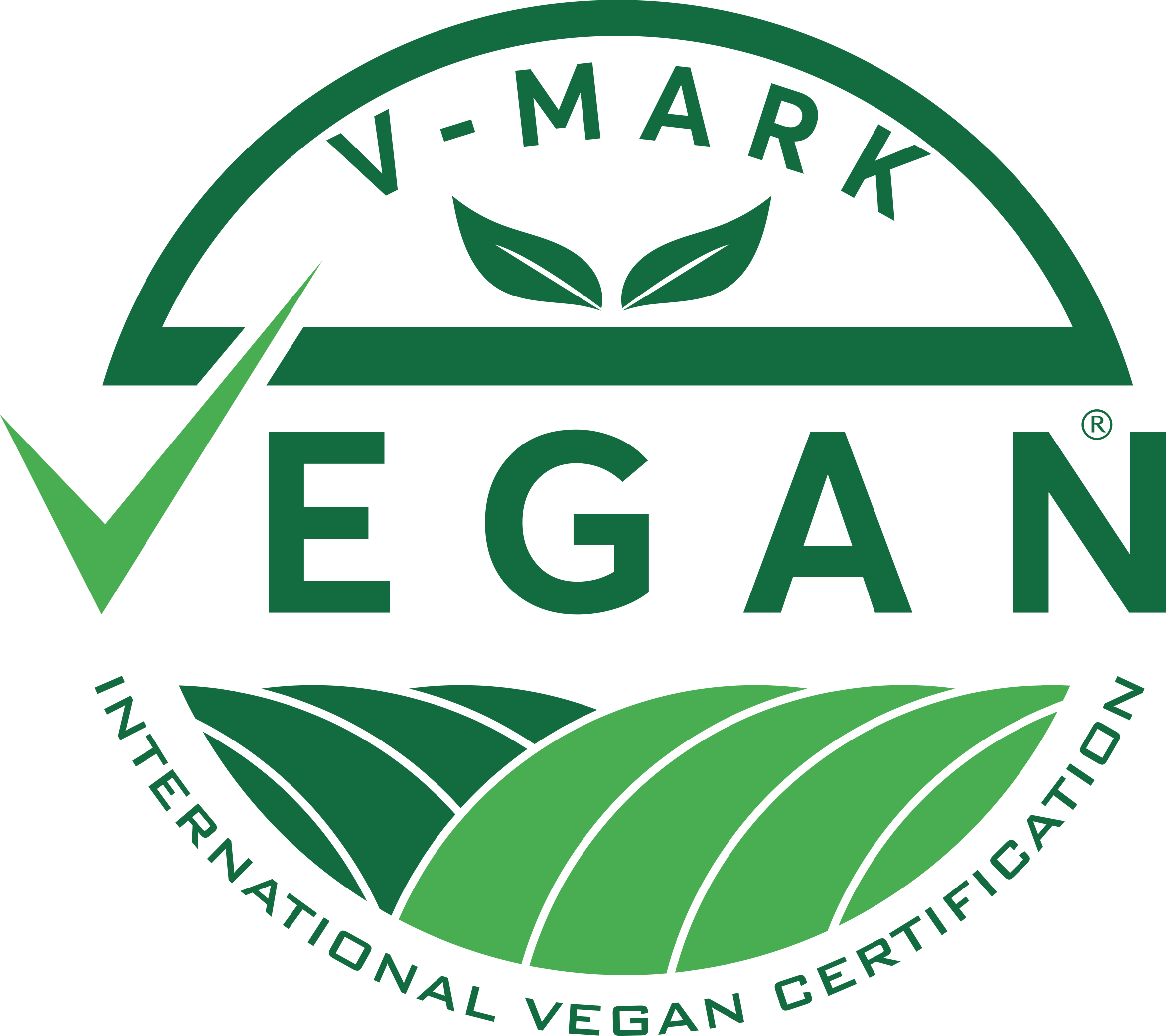The Significance of Vegan Certification for Food Safety
In today's world, vegan certification is increasingly important for food safety. As more people turn to a vegan lifestyle, understanding the importance of vegan certification is becoming increasingly critical.

Vegan certification is a process by which food suppliers and producers can certify that their products are free from animal-derived ingredients, are not tested on animals, and are produced in a cruelty-free way. This certification is essential for food safety because it helps ensure that vegan products are free from animal-derived contaminants and are not contaminated with animal-derived products.
Vegan certification also helps to ensure that vegan products are not produced in factories or facilities that use animal products. This is important for food safety because animal-derived contaminants can be transferred to vegan products through contact with the facilities or machines used to produce them. Vegan certification helps to ensure that vegan products are not contaminated with animal-derived contaminants and that they are produced in a humane and ethical way.
In addition, vegan certification helps to ensure that vegan products are not produced with genetically modified organisms (GMOs) or other risky substances. This is important for food safety because GMOs and other substances can be very dangerous to consume. By ensuring that vegan products are produced without GMOs and other risky substances, vegan certification helps to ensure that vegan products are safe to consume.
Finally, vegan certification helps to ensure that vegan products are produced with sustainable and environmentally friendly practices. This is important for food safety because sustainable practices help to ensure that vegan products are produced in a way that is not damaging to the environment.
Overall, vegan certification is essential for food safety in today's world. By ensuring that vegan products are free from animal-derived contaminants, are not tested on animals, are not produced in factories or facilities that use animal products, are not produced with GMOs or other risky substances, and are produced with sustainable and environmentally friendly practices, vegan certification helps to ensure that vegan products are safe to consume.
Certification
- A Guide to Vegan Certification
- Exploring Vegan Markings
- Exploring Vegan-Friendly Products
- Exploring the Advantages of Vegan Marking
- Exploring the Benefits of Vegan Certification for Non-Food Products
- Exploring the Benefits of Vegan Certification for Wholesalers
- Exploring the Benefits of Vegan Certification for the Environment
- Exploring the Benefits of Vegan Labeling for Food Retailers
- Exploring the Benefits of Vegan Labeling for the Economy
- Guidelines for Vegan Labeling
- How to Apply for Vegan Certification
- How to Obtain Vegan Certification
- How to Set Up a Vegan Certification Program
- Key Considerations for Obtaining Vegan Certification
- Navigating the Challenges of Vegan Certification
- The Advantages of Having a Vegan Mark
- The Advantages of Vegan Labeling for Businesses
- The Benefits of Being Certified as a Vegan Product
- The Benefits of Having a Vegan Mark
- The Benefits of Vegan Certification for Food Distributors
- The Benefits of Vegan Certification for Food Manufacturers
- The Benefits of Vegan Certification for Food Suppliers
- The Benefits of Vegan Labeling for Animal Welfare
- The Benefits of Vegan Labeling for Businesses
- The Benefits of Vegan Labeling for Consumers
- The Benefits of Vegan Labeling for International Trade
- The Benefits of Vegan Labeling for Restaurants
- The Benefits of Vegan Labeling
- The Challenges of Obtaining Vegan Certification for Food Products
- The Challenges of Obtaining Vegan Certification
- The Difference Between Vegan and Non-Vegan Labeling
- The Impact of Vegan Certification on Food Prices
- The Impact of Vegan Labeling on Consumers
- The Implications of Vegan Labeling for Health and Nutrition
- The Importance of Vegan Marking for Businesses
- The Necessity of Vegan Certification for Food Products
- The Necessity of Vegan Marking for Food Products
- The Process of Obtaining Vegan Certification
- The Pros and Cons of Vegan Certification
- The Significance of Vegan Certification for Businesses
- The Significance of Vegan Certification for Food Safety
- The Significance of Vegan Labeling for Businesses
- The Significance of Vegan Labeling for Food Labels
- Understanding the Basics of Vegan Labeling
- Understanding the Benefits of Vegan Labeling for Food Producers
- Understanding the Different Types of Vegan Labeling
- Understanding the Impact of Vegan Labeling on the Food Industry
- Vegan Labeling Requirements and Regulations
- Vegan Product Labeling Requirements
- What is Vegan Certification?
- What is Vegan Mark?

GET CERTIFIED
